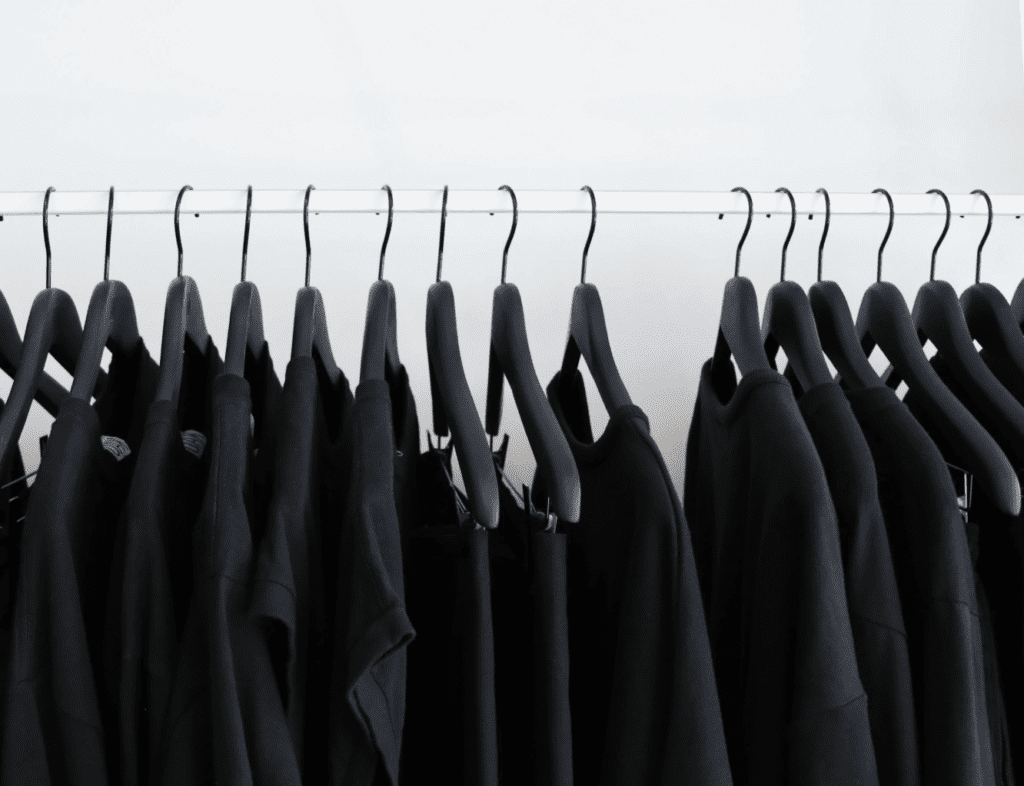The European Commission has adopted a proposal for a Directive on corporate sustainability due diligence in an effort to crack down on abuses in companies’ supply chains. Reflecting on the release of the proposed legislation on Wednesday, the Commission stated that it “aims to foster sustainable and responsible corporate behavior throughout global value chains” by calling on certain companies “to identify – and where necessary, prevent, end or mitigate – adverse impacts of their activities on human rights, such as child labor and exploitation of workers, and on the environment, for example pollution and biodiversity loss.”
At the heart of the newly-unveil directive is a mandate that – if implemented – would require companies to ensure that their suppliers are not operating using forced labor and/or child labor, and to compose a plan to ensure that their business strategy is compatible with limiting global warming to 1.5 °C in line with the Paris Agreement. Additionally, companies’ directors will be required to “set up and oversee the implementation of due diligence and to integrate it into the corporate strategy.” The proposal also requires directors – “when fulfilling their duty to act in the best interest of the company” – to take into account “the human rights, climate change and environmental consequences of their decisions.”
Another important aspect of the proposal is the language that stands to subject companies to liability for harms committed within their supply chains, including by their subsidiaries, contractors and suppliers, including ones located internationally. In this vein, the proposal aims to provide victims with the opportunity to file lawsuits against companies in connection with abuses in their supply chains before EU courts.

In terms of the applicability of the proposed rule, the Commission states that it would apply to European Union companies that call into one of two groups. Group 1 includes “all EU limited liability companies of substantial size and economic power (with 500+ employees and €150 million+ in net turnover worldwide),” while Group 2 consists of “Other limited liability companies operating in defined high impact sectors, which do not meet both Group 1 thresholds, but have more than 250 employees and a net turnover of €40 million worldwide and more.” Among the high impact sectors are, of course, apparel and footwear, as well as gas, oil, food and beverages, etc.
For companies in Group 2, which would, in fact, pull in quite a few fashion industry names, the rules would start to apply following a grace period two years from the initial implementation for Group 1.
As for companies that are not based in the EU, the provisions of the directive could still apply to them in the event that they meet the “turnover threshold aligned with Group 1 and 2 in the EU.”
Taken together, the pool of companies that the proposed directive will apply to is relatively small, with the Commission estimating that 13,000 companies in the EU will be impacted, along with roughly 4,000 companies that are based outside of – but that do business in – the EU. This has prompted some early pushback against the directive, with the European Coalition for Corporate Justice (“ECCJ”), for instance, taking issue with the limited scope of the directive. The corporate accountability and transparency organization asserted on Wednesday that by applying to “less than 0.2 percent of EU companies,” the proposal “willfully ignores many harmful business operations, as staff size and annual turnover are not reliable indicators of how a company is impacting the lives of workers and communities worldwide.”
Responsible investment group ShareAction echoed these concerns, claiming that by explicitly “excluding small and medium sized enterprises, which account for around 99 per cent of all EU companies, only a tiny percentage of the EU’s economy will have to identify and manage human rights and environmental risks.”
Beyond the “dramatically” limited applicability of the proposed directive, the ECCJ has also pointed to “dangerous loopholes” that could potentially enable companies to avoid facing liability for harms that occur beyond the first tier of the supply chain. The text of the legislation “implies that companies could fulfil their obligations by adding certain clauses in their contracts with suppliers and offloading the verification process to third parties,” the ECCJ argues, claiming that “companies should not be allowed to shift their responsibilities on to their suppliers or to get away with harm by participating in voluntary industry schemes.” Still yet, the organization argues that the draft law “does nothing to strike down serious legal hurdles in bringing transnational cases against companies, such as high costs, short time limits, limited access to evidence, restricted legal standing, and a disproportionate burden of proof.”
Nonetheless, ShareAction contends that the proposed directive does include positive measures, including its call to “oblige companies to adopt a plan to ensure that their business model and strategy are compatible with the Paris Agreement, and to define emission reduction targets if climate change is considered a principal risk for the company.”
As for the EU Commission, it argues that its proposed new rules “will bring legal certainty and a level playing field,” more transparency for consumers and investors, and “will advance the green transition and protect human rights in Europe and beyond.”











